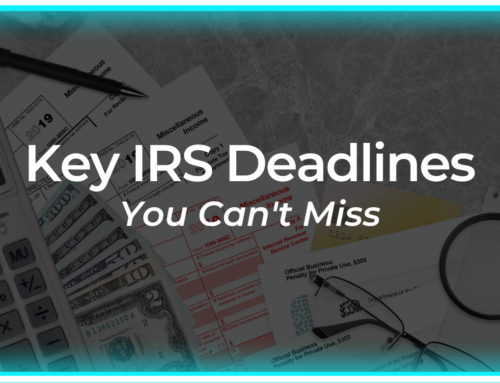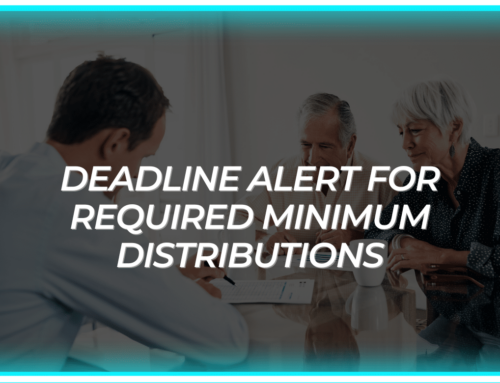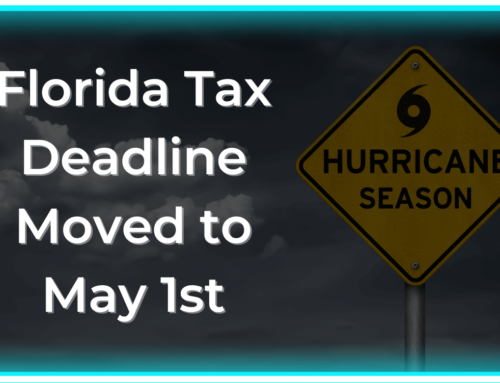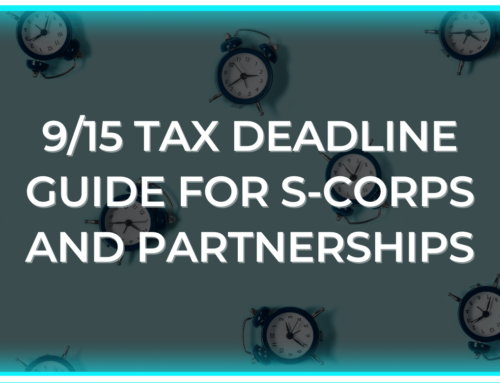Hi everyone, I’m Bette Hochberger, CPA, CGMA. As a responsible taxpayer, staying informed about important deadlines can save you from unnecessary penalties and stress. Estimated tax payments are one such obligation that self-employed individuals, freelancers, and those with substantial investment income must fulfill throughout the year. These payments ensure that you’re meeting your levy liabilities as you earn income rather than facing a hefty bill at tax time.
For the year 2024, understanding the due dates for estimated tax payments is crucial for planning your finances effectively. Let’s dive into the schedule to ensure you stay compliant with the IRS regulations.
June 17, 2024:
The second estimated payment for the tax year 2024 is due on June 17th, 2024. This payment covers the income earned from April 1st to May 31st, 2024.
September 16, 2024:
The third estimated payment is due on September 16th, 2024. This installment covers the income earned from June 1st to August 31st, 2024.
January 15, 2025:
The fourth and final estimated payment for the tax year 2024 is due on January 15th, 2025. This payment includes the income earned from September 1st, 2024, to December 31st, 2024.
Who Needs to Pay Estimated Taxes?
Estimated payments are typically required from individuals who:
– Are self-employed
– Have freelance income
– Receive income from sources where taxes are not withheld, such as dividends, interest, capital gains, and rental income
How to Calculate Estimated Tax Payments
Calculating your estimated payments can be done using IRS Form 1040-ES or with the assistance of a tax professional. It involves estimating your annual income, deductions, credits, and liability and then dividing that amount into quarterly payments.
Consequences of Not Paying Estimated Taxes
Failing to pay your estimated taxes or underpaying them can lead to penalties and interest charges from the IRS. These penalties can accumulate over time, making it essential to stay current with your levy obligations.
Tips for Managing Estimated Tax Payments
– Keep accurate records of your income and expenses throughout the year.
– Use the IRS withholding calculator to estimate your liability and adjust your payments accordingly.
– Set aside funds regularly to cover your estimated payments.
– Consider working with a tax professional to ensure compliance and maximize deductions.
In conclusion, staying on top of your estimated payments is vital for avoiding penalties and maintaining good standing with the IRS. By understanding the due dates and requirements for 2024, you can manage your finances more effectively and alleviate the stress of tax season. Stay informed, stay organized, and meet your obligations with confidence!
As always, stay safe, and I will see you all next time.







